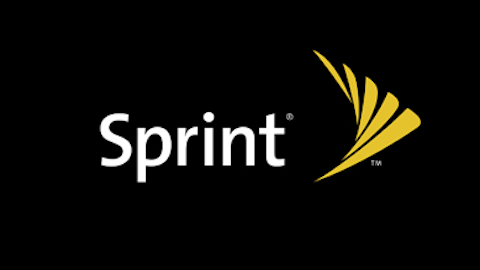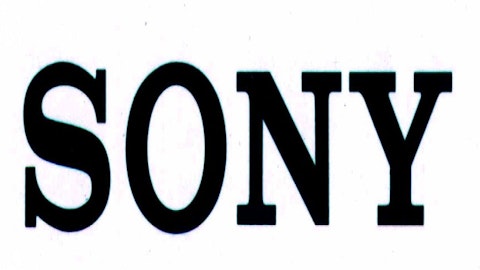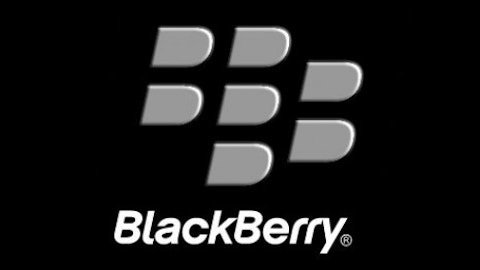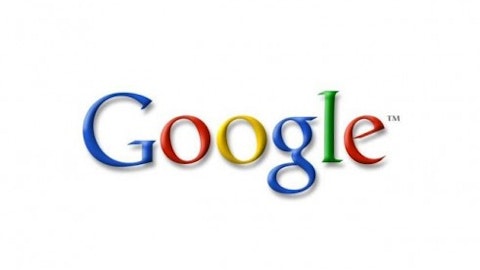Microsoft Corporation (NASDAQ:MSFT) took some risks with its latest console, the Xbox One. Perhaps enough risks to sink the machine entirely. The backlash in the gaming community has been resounding: core players do not appear to be happy with the decisions Microsoft has made.
And yet, I still believe the Xbox One will be successful. Although it will take some time to play out, Microsoft’s strategy with its newest Xbox is very forward-thinking, and could allow the Windows-maker to dominate its customers’ living rooms.
Why the Xbox One could fail
Right now, the Xbox One’s future looks fairly bleak.
Microsoft Corporation (NASDAQ:MSFT) has fundamentally changed the notion of game ownership. With previous consoles, the “game” was the disc, and the disc was the game. But now, the “game” is merely a digital file.
For all intents and purposes, the actual physical disc is irrelevant. Gamers are more or less simply buying the rights to access the game on Microsoft’s servers.
This brings some unfortunate side effects. Games cannot be easily lent or sold. Moreover, gamers must connect their consoles to the Internet regularly to verify that their collections are legitimate.
Microsoft Corporation (NASDAQ:MSFT)’s rival, Sony Corporation (ADR) (NYSE:SNE), has capitalized on these shortcomings. Sony released a video indirectly mocking the Xbox One’s restrictions, and further, has decided to undercut Microsoft’s console by $100 with its PlayStation 4.
Various polls have shown that — at least online — gamers appear to be wanting the PlayStation 4 much more than the next Xbox.
Microsoft’s long game
But writing off the Xbox One as it stands today would be naive. With the Xbox One, Microsoft Corporation (NASDAQ:MSFT) has decided to play the long game. Though sales might be sluggish around launch, the Xbox One is intended to have a very long life.
In fact, for many gamers, the Xbox One might be the last console they’ll ever need to buy, because the Xbox One itself is merely the tip of the iceberg. Alongside the new console, Microsoft has invested heavily in its Azure cloud gaming servers.
Although the Xbox One is less powerful than the PlayStation 4, it should actually be capable of more impressive graphical output. Game developers can shift some of the processing power to Microsoft Corporation (NASDAQ:MSFT)’s cloud servers, and combined with the Xbox One’s local processing prowess, deliver superior games.
And as technology progresses, the Xbox One should only improve — cloud servers should become ever more capable. Meanwhile, broadband Internet speeds are steadily increasing (Google Inc (NASDAQ:GOOG) Fiber) meaning that, eventually, games could be handled completely in the cloud.
This would thus render the idea of a console obsolete. Rather than buy a new, $500 box every five years or so, consumers could simply stick with the Xbox One — potentially forever.
Sony’s cloud gaming buy
But Microsoft isn’t the only console maker interested in cloud gaming. Last year, Sony Corporation (ADR) (NYSE:SNE) spent almost $400 million on Gaikai, a cloud gaming service.
Some of Gaikai’s technology appears to be in the PlayStation 4. Although the PlayStation 4 isn’t backwards compatible, users can stream old PlayStation 3 games to their new console over the Internet — much like Microsoft Corporation (NASDAQ:MSFT)’s Azure gaming solution.
That isn’t to say they’re the same. There’s a big difference in strategy here. Gaikai is all streaming — Microsoft’s strategy is a hybrid of the two. Given that widespread fiber Internet penetration appears to be several (perhaps many) years away, that could give Microsoft the upper hand over Sony Corporation (ADR) (NYSE:SNE).






